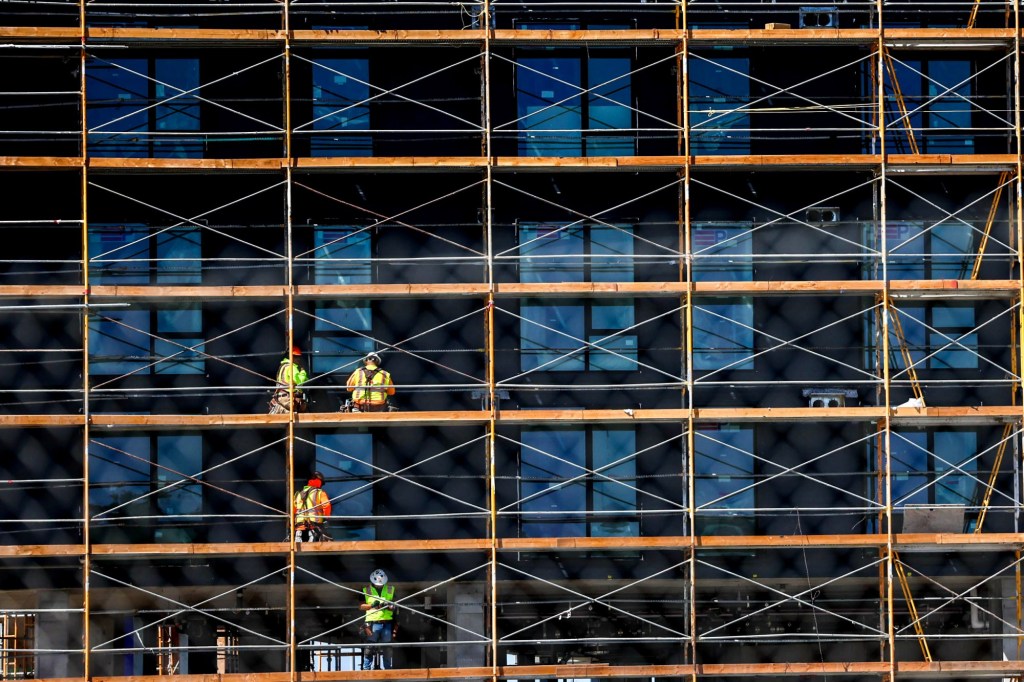California housing regulators are demanding that cities statewide develop meticulous plans to add 2.5 million affordable and market-rate homes by the end of the decade — but some local officials say the process sets them up for failure.
Frustrated mayors and city councilmembers say the new planning requirements are needlessly confusing and that regulators have been slow to review the plans that have been submitted. They argue the convoluted process is leaving some cities vulnerable to unfair penalties for failing to get state approval.
Auditors will now examine whether the state is doing enough to help local governments satisfy the requirements and plan for many more homes than ever before.
“We do have an affordable housing crisis, and the vast majority of cities are doing their best effort to help, but there has been inconsistent guidance,” said state Sen. Steve Glazer, a Democrat from Orinda. He’s pushed for some new housing laws and programs but he has received mixed reviews from housing advocates.
In a letter to the Joint Legislative Audit Committee, which approved the audit last week, Glazer wrote the complaints he’s received from cities — which he declined to identify because they have not all received approval for their proposals — point to “structural problems” in how the state reviews the every-eight-year plans, dubbed “housing elements.”
While the audit will not be legally binding, he hopes it can “reveal the sources of these problems and how to cure them for current and future review processes.”
A 2022 audit of how the state sets goals for the number of homes different regions are expected to approve found errors in the process, which may have led regulators to underestimate the housing need in some areas and overestimate it in others. While the state completed some of the audit’s recommendations for calculating future housing goals, the review did not force any legislative reforms.
Ahead of the new audit, Glazer raised…
Read the full article here







